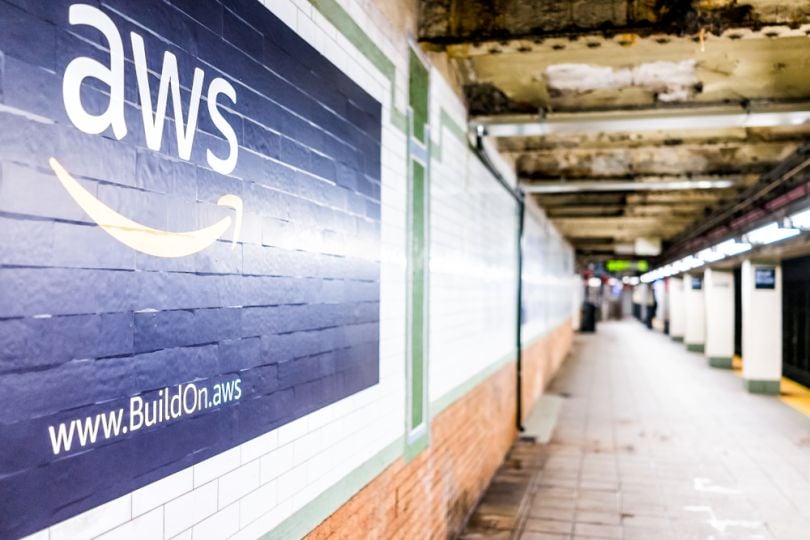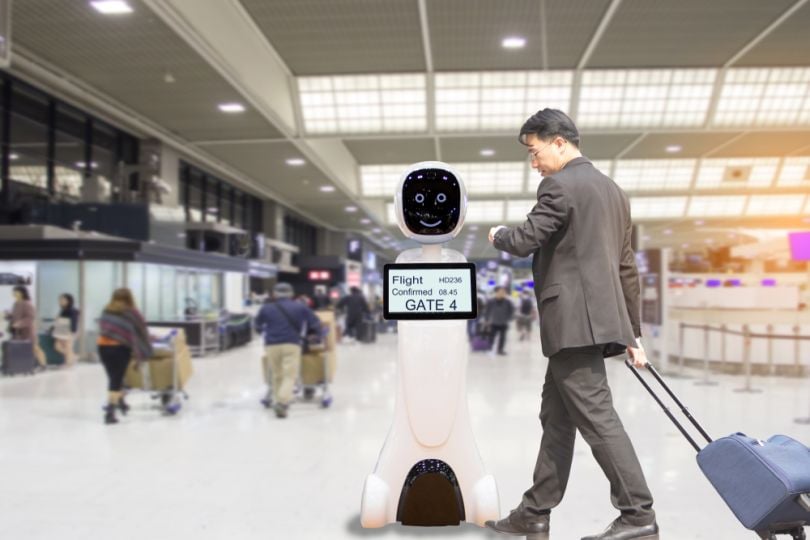
 A robust public transit system is the backbone of urban transportation. TechCrunch reports that Torc Robotics, a self-driving technology company, and public transport juggernaut Transdev made an announcement at CES 2019 about an upcoming partnership to deploy fully autonomous electric shuttles and connect riders to existing transit such as trains and buses.
A robust public transit system is the backbone of urban transportation. TechCrunch reports that Torc Robotics, a self-driving technology company, and public transport juggernaut Transdev made an announcement at CES 2019 about an upcoming partnership to deploy fully autonomous electric shuttles and connect riders to existing transit such as trains and buses.
Torc’s Asimov self-driving software stack and sensor suite will be integrated into i-Cristal, an autonomous shuttle by Transdev, who is licensing this technology, and French manufacturer Lohr. Restricted to a dedicated lane, each shuttle will seat up to 16 passengers and offer a shared-ride mobility service at night and off-peak hours. Public service trials will begin in Paris-Saclay and Rouen once tests on closed courses and public roads.
The successful integration of autonomous shuttles into Transdev’s public transportation networks could have massive upside. Transdev operates in 20 countries and serves 11 million passenger trips on a daily basis.
“At Transdev, we believe the future of mobility is increasingly P.A.C.E.: Personalized, Autonomous, Connected and Eco-Friendly. We believe that public transport will lead and be the first place real autonomous services will be developed.”
“At Transdev, we believe the future of mobility is increasingly P.A.C.E.: Personalized, Autonomous, Connected and Eco-Friendly,” Yann Leriche, Transdev’s North America CEO and head of autonomous transportation systems said in a statement. “We believe that public transport will lead and be the first place real autonomous services will be developed.”
TechCrunch notes that the electric i-Cristal shuttles, which do not feature a steering wheel or pedals, have Level 4 autonomous capabilities, meaning these vehicles can operate fully autonomously in certain conditions or geographic areas.
Read MoreRobotics News
If the website content violates your rights, please contact us to delete it。








